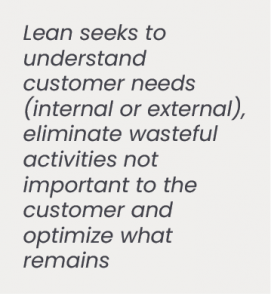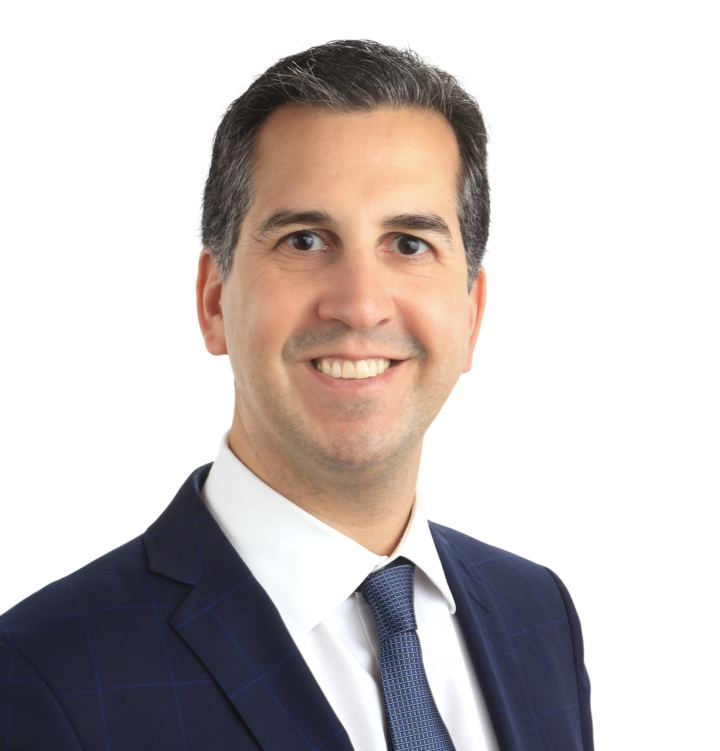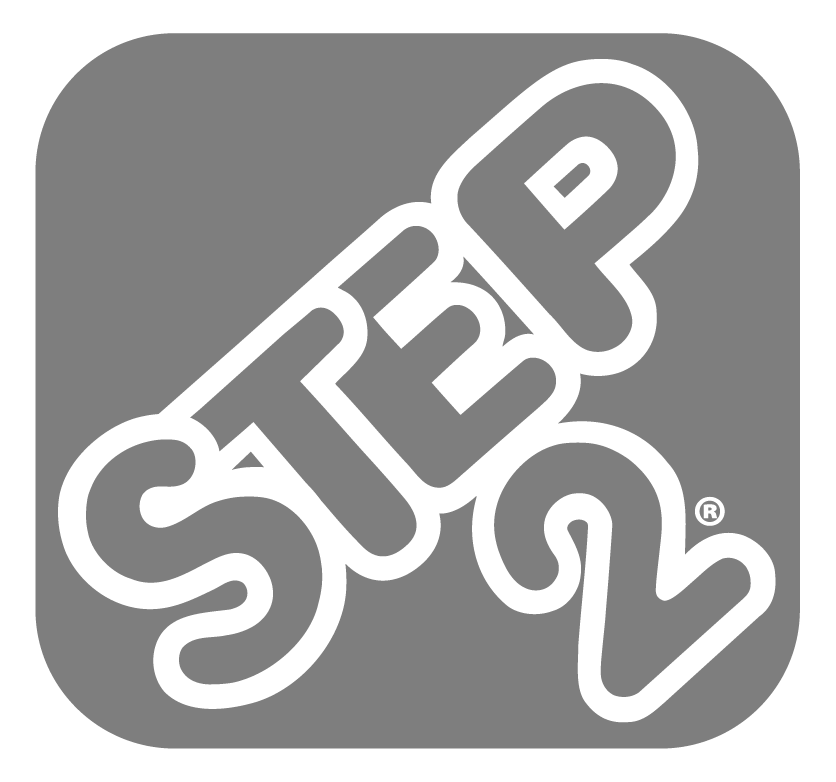Q&A with Lean Expert John McKinnis
- John McKinnis, Managing Director
John McKinnis recently joined Portage Point Partners as Managing Director in the firm’s Performance Improvement Practice. He brings a wealth of experience and knowledge to the Portage Point team and clients across the business and investment lifecycle. In the following Q&A, John shares more about himself and his expertise and provides high-level insight into some frequently asked questions.
How have you used Lean to drive rapid end-to-end EBITDA improvements“Clients needing EBITDA transformation typically want to see initial results within weeks and significant transformation within six to nine months. At its core, Lean focuses on eliminating waste and boosting productivity, making it an ideal strategy for quick financial improvements. The process begins by identifying and eliminating activities that do not add value for the customer. This can range from discontinuing unprofitable products and services to streamlining overlapping corporate functions and cutting unnecessary expenditures. Some actions offer immediate financial uplift with minimal risk, while others require more planning, yielding significant results within a matter of months. |
|
Following the removal of non-essential activities, Lean shifts focus toward optimizing what remains. This involves assessing the most cost-effective ways to deliver value, such as deciding between outsourcing and insourcing, improving end-to-end processes and updating standards to meet needs without exceeding them. For instance, I recently leveraged and increased price by 20% while retaining the customer base – a testament to Lean’s power to simultaneously enhance efficiency while improving margin and customer experience.”
Where is Lean relevant in the middle market beyond supply chain and manufacturing
“Lean principles are versatile across all business areas, not just within supply chain and manufacturing. Lean is a game-changer for front and back offices. For instance, in marketing, Lean can streamline concept-to-launch processes, drastically increasing speed to market. In healthcare, it can simplify patient benefit validation processes, enhancing efficiency. In finance and accounting it can speed up accounts receivables and streamline the monthly close process, introducing significant efficiencies. Moreover, Lean is not limited to operational improvements – it extends to strategic decisions like choosing the most suitable legal counsel based on case specifics. Essentially, wherever there is a process, Lean can optimize it, eliminating waste and ensuring each step adds value. This adaptability makes Lean not just a methodology but a mindset that can revolutionize any part of a business, making it particularly valuable in the middle market where efficiency and agility are paramount.”
What makes your Lean approach unique
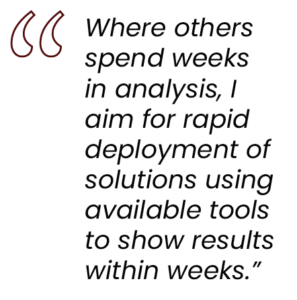
“My Lean methodology has been perfected through a 20-year evolution focused on three areas (i) fact-based analysis, (ii) swift value creation and (iii) unwavering customer prioritization. First, I challenge the status quo, asking if each process step is necessary and refusing to accept “it has always been done this way” without evidence. This mindset often uncovers overlooked opportunities for improvement. Secondly, I emphasize rapid transition from analysis to action. By limiting the initial assessment phase and prioritizing immediate, impactful changes – often empowering clients to implement ideas swiftly – we quickly demonstrate value. Where others spend weeks in analysis, I aim for rapid deployment of solutions using available tools to show results within weeks. Lastly, keeping the customers’ needs at the forefront ensures that solutions not only improve efficiency but also align with what the customer values and are willing to invest. This approach is crucial, especially in areas removed from direct customer interaction, where the connection to customer needs can become obscured.”
I already have an OpEx team, why should I hire a consultant
“Consultants can offer unique advantages to Operational Excellence (OpEx) teams, especially in the middle market, by providing fresh perspectives, specialized expertise and additional capacity to ensure that projects not only save time but also positively impact the P&L. Teams, such as the one at Portage Point, bring a rigorous focus on delivering tangible financial results, ensuring efforts directly contribute to the bottom line. Our wide-ranging industry experience helps identify and eliminate waste and complexity, especially when the current OpEx team only has limited industry context. Additionally, consultants operate outside the internal political landscape, which allows them to push boundaries and drive significant changes more effectively, often working directly with senior management. This external stance enables them to facilitate consensus and decision-making across all levels of an organization without the usual constraints. Lastly, leveraging a consultant can supplement a client team’s capacity, allowing internal resources to concentrate on their core responsibilities while the consultant team aids in driving forward strategic initiatives for long-term success. This collaboration can be particularly valuable for smaller organizations that prioritize efficiency and minimal overhead.”
Why did you join Portage Point Partners
“My decision to join Portage Point was driven by my desire to deliver optimal results to the currently under-served middle market. At Portage Point, I have the unique opportunity to continue expanding my network and expertise while creating value for clients and broadening the Company’s proficiency in Lean methodology.
Early in my career, I was an aerospace engineer at GE Aviation, where I learned and executed Lean while working in Maintenance Repair and Overhaul (MRO) and on the flightline at several airlines. When I later joined Alvarez & Marsal, I expanded the firm’s Lean training program and leveraged it for rapid EBITDA improvement. The Portage Point platform, comprised of a results-driven team committed to rapidly delivering the highest quality of integrated services, fills a gap in the market. It enables me to leverage blue chip talent and Lean capabilities to create significant value for middle market clients. I’m eager to positively impact client outcomes, expand Portage Point’s Lean expertise and continue learning from the talented individuals and clients with whom I work.”
 |
JOHN MCKINNIS Managing Director John has more than 20 years of experience leading traditional consulting engagements, serving in interim management roles, driving performance improvements and building lean organizations as a leader in the aviation industry. He is known for his collaborative, outcome-driven approach to drive meaningful and sustainable transformation that is reflected in the profit and loss statement (P&L). John’s extensive experience is not only from advising and serving on boards but also from operating within the C-suite. He works closely with clients to pinpoint areas ripe for change and implements strategic initiatives across various departments and functions, spanning from manufacturing to front and back-office teams. |
